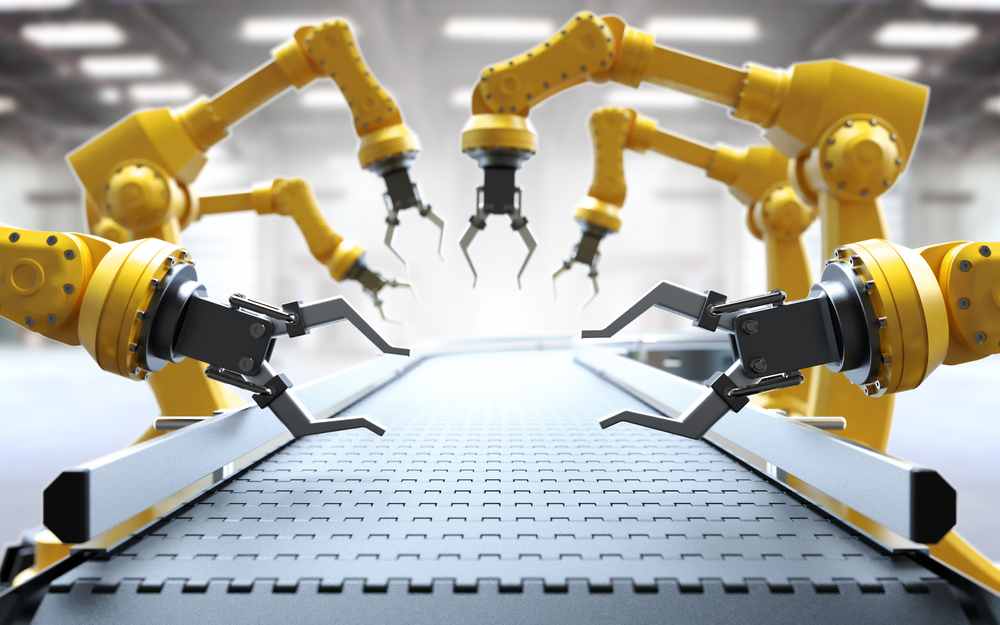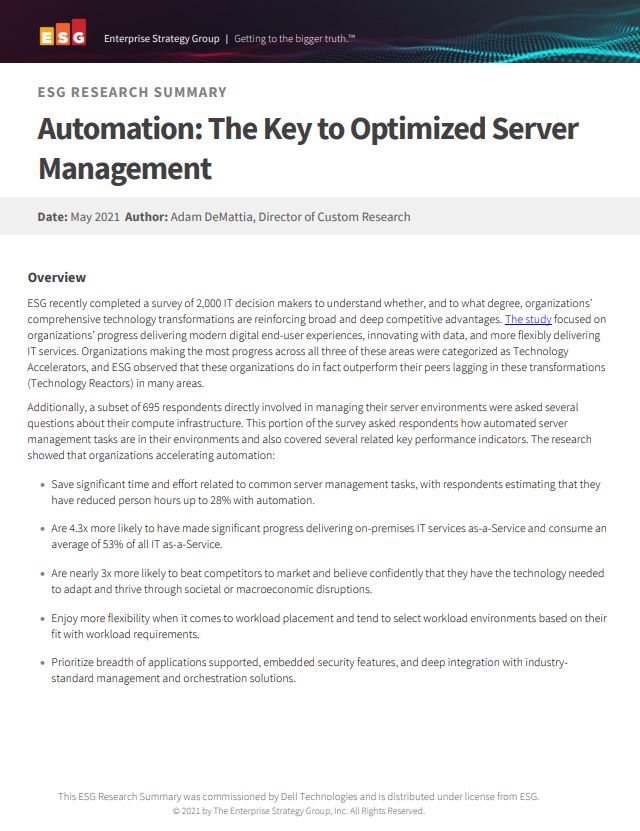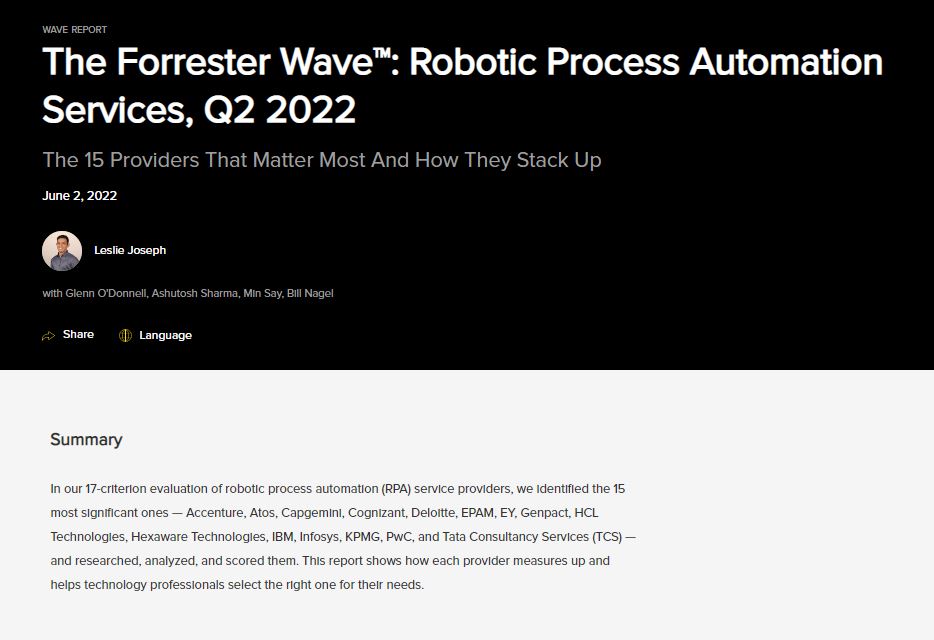The UK needs more robots, says MPs
BEIS committee report criticises the government for not doing enough to support the adoption of automation


A group of MPs have warned that the UK is in danger of lagging behind the rest of the world when it comes to automation and robotics in the workplace.
Members of the Business, Energy and Industrial Strategy (BEIS) Committee said the government was putting jobs, businesses and the prosperity of whole regions at risk by cutting support and failing to encourage investment.
It adds further fuel to the never-ending debate over the impact of automated technology, such as robotics and AI, which is set to create or cull jobs, depending on your point of view.
Automation is already deeply embedded in a number of sectors like manufacturing, however, and its future use in certain workplaces is inevitable. According to Rachel Reeves, the Labour MP who chairs the BEIS committee, the government isn't doing enough to prepare for it.
"The real danger for the UK economy and for future jobs growth is not that we have too many robots in the workplace but that we have too few," she said, according to The Guardian. "The government has failed to provide the leadership needed to help drive investment in automation and robot technologies.
"If we are to reap the potential benefits in the future of improved living standards, more fulfilling work, and the four-day working week, the government needs to do more to support British businesses and universities to collaborate and innovate."
The cross-party committee's report, Automation and the Future of Work, has heavily criticised the UK government, specifically for scrapping its Manufacturing Advisory Service in 2015. This has made it difficult for businesses to get help and advice on automation, the report said.
Get the ITPro daily newsletter
Sign up today and you will receive a free copy of our Future Focus 2025 report - the leading guidance on AI, cybersecurity and other IT challenges as per 700+ senior executives
The suggestion of a reduced working week, resulting in a greater work-life balance, is also heavily featured in the report, the idea being that robotics and automated software can aid workers rather than usurp them. This was also part of the committee's oral presentation in May, where MP Andrew Stephenson suggested there was evidence to support the theory.
"There is a myth here that machines and automation replace workers," he said. "If you look at what is going on in some of our car factories at the moment, machines are being used to help workers work longer by reducing the more stressful tasks that could only be done by somebody who is particularly young, fit and healthy. You are seeing a transformation into how automation can help our workforce, make them have more varied jobs, allow them to work more flexible hours, allow people to work longer in the workplace and enable more disabled people to come into the labour market."
While there may be examples of robots and humans working in harmony, there is still a number of demographics that will lose out to automation, as Stephenson said earlier during the same hearing, the "dirty, dangerous and dull" jobs are the ones most at risk.
For these people, the government has outlined a solution, the National Retraining Scheme, which is designed to help those sidelined by robots and AI to learn more future-proof work skills.
Bobby Hellard is ITPro's Reviews Editor and has worked on CloudPro and ChannelPro since 2018. In his time at ITPro, Bobby has covered stories for all the major technology companies, such as Apple, Microsoft, Amazon and Facebook, and regularly attends industry-leading events such as AWS Re:Invent and Google Cloud Next.
Bobby mainly covers hardware reviews, but you will also recognize him as the face of many of our video reviews of laptops and smartphones.
-
 AI is helping bad bots take over the internet
AI is helping bad bots take over the internetNews Automated bot traffic has surpassed human activity for the first time in a decade, according to Imperva
By Bobby Hellard
-
 Two years on from its Series B round, Hack the Box is targeting further growth
Two years on from its Series B round, Hack the Box is targeting further growthNews Hack the Box has grown significantly in the last two years, and it shows no signs of slowing down
By Ross Kelly
-
 Automate personalization with AWS
Automate personalization with AWSWhitepaper How marketers can automate, deliver, and analyze billions of personalized messages and offers per day
By ITPro
-
 How a hyper-automation platform can drive value for your bank
How a hyper-automation platform can drive value for your bankWhitepaper Five ways automated processes can drive revenue and growth
By ITPro
-
 Appian wants to be the AI company for AI skeptics
Appian wants to be the AI company for AI skepticsAnalysis The firm outlines its AI strategy at Appian World 2023 while using ChatGPT and Midjourney to create scripts and imagery for keynote presentations
By Rory Bathgate
-
 Workday hit with claims its AI hiring systems are discriminatory
Workday hit with claims its AI hiring systems are discriminatoryNews An African American plaintiff has alleged that Workday's systems prevented him from being hired on the basis of his race, age, and mental health
By Rory Bathgate
-
 Automation: The key to optimised server management
Automation: The key to optimised server managementWhitepaper Deliver modern digital end-user experiences, innovate with data, and more flexibly deliver IT services
By ITPro
-
 Drive digital transformation with IBM process mining
Drive digital transformation with IBM process miningWhitepaper A process discovery, analysis and monitoring technique to help businesses succeed throughout the entire DX journey
By ITPro
-
 The Forrester Wave™: Robotic Process Automation Services
The Forrester Wave™: Robotic Process Automation ServicesWhitepaper The 15 providers that matter most and how they stack up
By ITPro
-
 The Total Economic Impact™ of IBM Cloud Pak® for Watson AIOps with Instana
The Total Economic Impact™ of IBM Cloud Pak® for Watson AIOps with InstanaWhitepaper Cost savings and business benefits
By ITPro